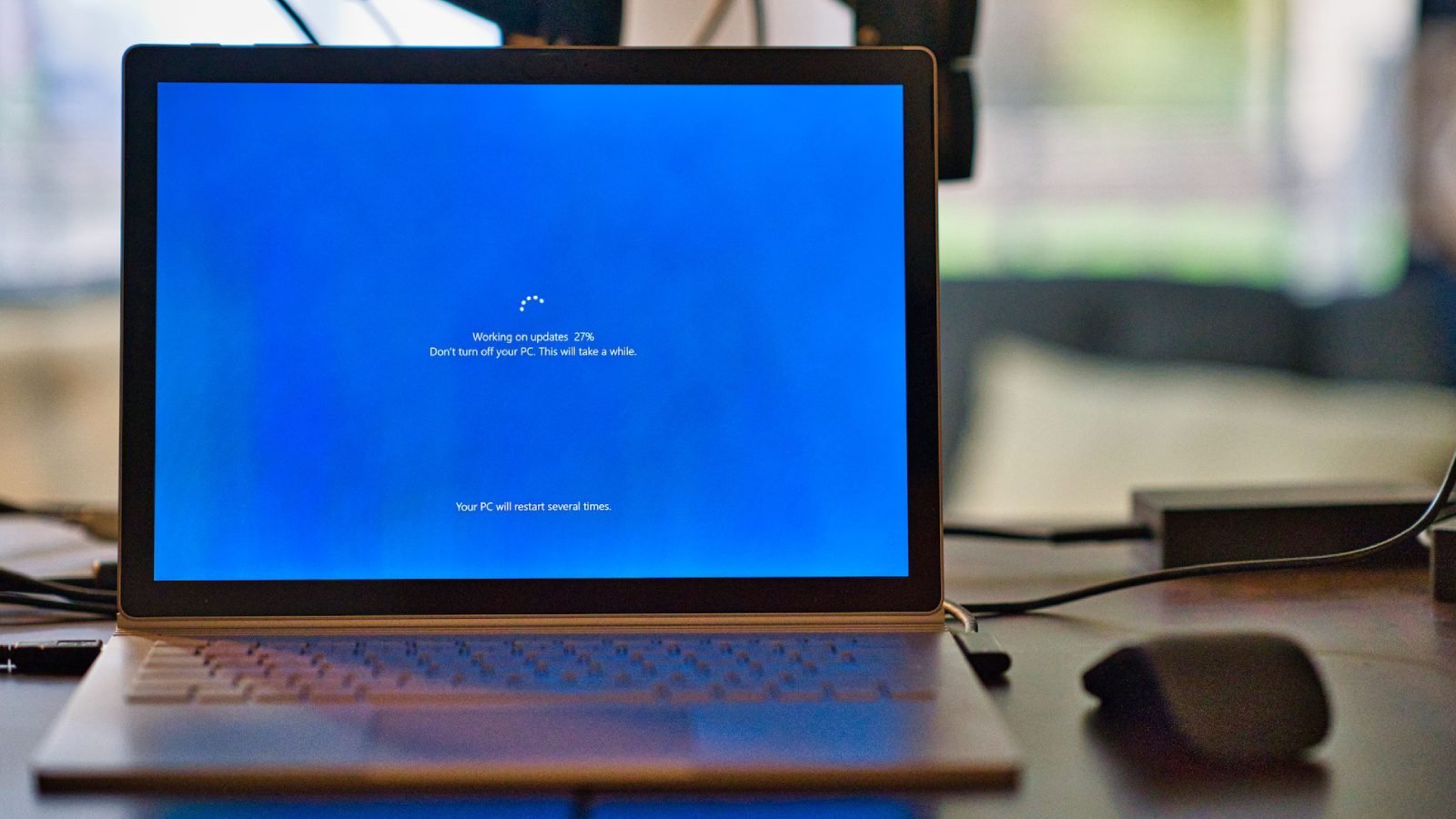In a prompt response to an emerging threat, Microsoft released a security update today, effectively addressing a critical vulnerability in Windows that cyber attackers were exploiting to compromise users’ systems. This vulnerability, which was based on the ms-app installer URI scheme, gave malevolent actors a mechanism to get around standard security measures and covertly install dangerous malware on machines while they were browsing the internet.
Imagine downloading an application from a dubious website, only to discover that hackers have devised a method to accomplish this on Windows computers without detection. The perpetrators leveraged a concealed shortcut known as “ms-app installer,” providing them with the means to introduce malware onto PCs surreptitiously. However, Microsoft has swiftly thwarted these covert maneuvers.
Microsoft’s Defensive Measures and Vulnerability’s Origin
“ms-app installer” shortcut deactivation is Microsoft’s countermeasure. As a result, all apps downloaded from websites are now required to go through a security screening procedure that is akin to the standard checks that are performed when a file is downloaded manually. Microsoft’s prompt action guarantees that consumers are no longer vulnerable to the deceptive methods that hackers previously used.
The ms-app installer scheme, which allowed websites to install apps directly through MSIX packages, was the source of the issue. Taking advantage of this, hackers created phishing techniques that tricked users into opening links that caused malware to be installed under the guise of trustworthy software. By eluding local antivirus defenses, this attack technique puts consumers at risk of data breaches, monetary losses, and possibly system hijacking.
Microsoft responded quickly, releasing an update on December 28th that turned off the ms-app installer scheme by default. Consequently, users must first download the MSIX package to install apps directly from websites. This procedural change strengthens Windows customers’ overall security posture by giving antivirus software a chance to examine the package for potential dangers thoroughly.
